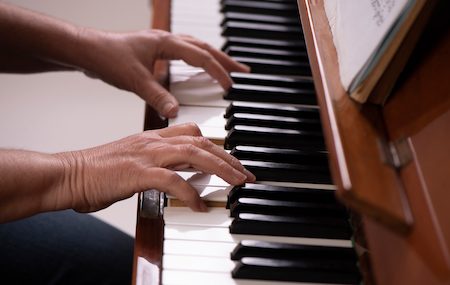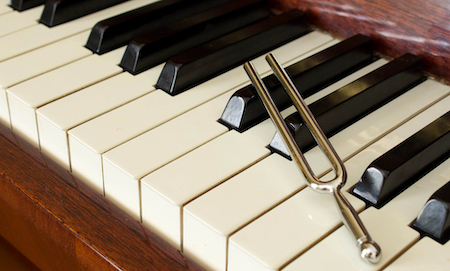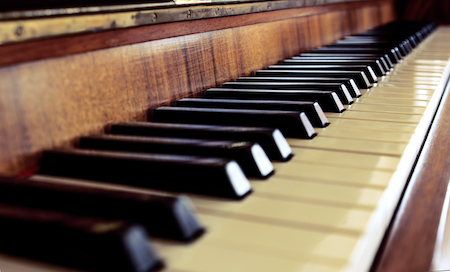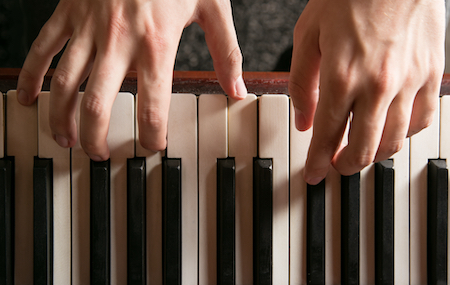What does buying a new piano mean to you? Are you looking for an antique, one that graced the home of an influential person in the past? If you’ve done your research and focused on one from years ago, you might have found a piano with ivory keys.
Is it legal to buy it?
Real ivory keys on a piano may be beautiful, but they are also illegal. Ivory keys were made from the tusks of elephants or similar animals and filed into ivory veneers that fit delicately on the piano key tops. They are made from keratin – the same material as hair and fingernails. Ivory has the added bonus of having a slightly rough texture, which gives you the grip you need while you play.
The ivory trade worldwide came to a halt in 1989 with the Convention on International Trade of Endangered Species (CITES). This put into law that anything using real ivory would no longer be able to be bought or sold, shipped across state lines, or out of the country. This applies to all ivory – from small statues to entire pianos made from ivory. A complete ban made the value drop, and the desire to trade non-existent.
Still, ivory is out there. What if you own it?
Although you cannot buy, sell, or trade ivory anywhere in the world, you can keep ivory if it’s already yours. If a piano with ivory keys is already in your family, the idea of not wasting something that’s already in place comes into use.
Just keep in mind that they have no value. The keys only have a small veneer that sits on top. It’s not the entire piano key made from ivory. This thin slice would have little value even if you could trade it.
Because they are made from a material similar to your fingernail, they are also likely to crack and break over time.
Restoration services may be able to reattach ivory if it falls off. They also have the ability to match ivory with cruelty-free replacements. Thanks to today’s materials and technology, they can often replace it to look so close to the original, you’ll be hard pressed to tell which one isn’t ivory.
If you no longer want your ivory keyboard, restoration technicians do take it in to replace other vintage pianos and keep them as original as possible. This is to ensure that this precious resource doesn’t go to waste. Donation is the only way to part with this material.
Do you have a piano with ivory keys?











